1,538 words
Editor’s Note: Today marks the 114th birthday of Robert Brasillach, the French journalist, novelist, film historian, and man of the Right who was sentenced to death and executed by firing squad for “intellectual crimes” he was alleged to have committed as a German collaborator during the Second World War. The following translation is offered as a commemoration, and links to other resources regarding Brasillach’s life and work are at the end. (more…)
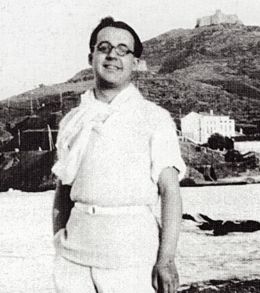
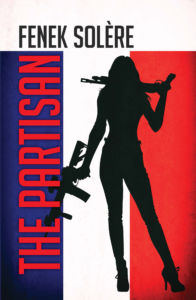
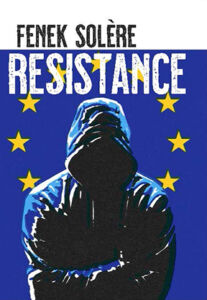
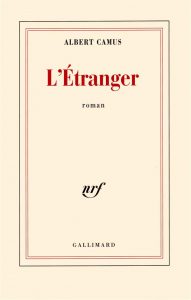
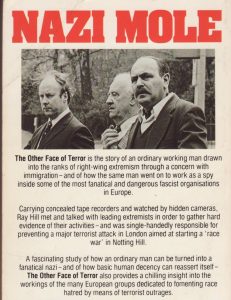
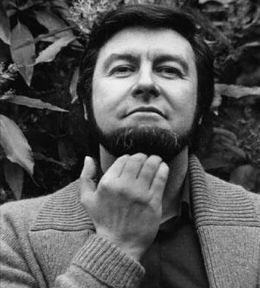 1,669 words
1,669 words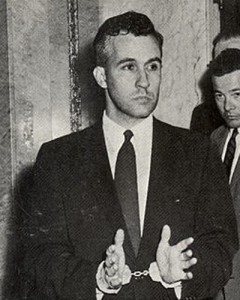 665 words
665 words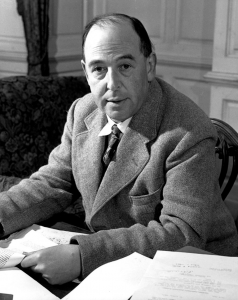 2,224 words
2,224 words


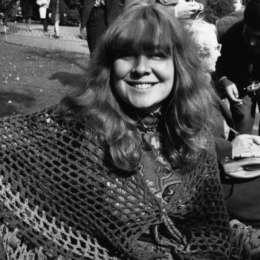 1,746 words
1,746 words